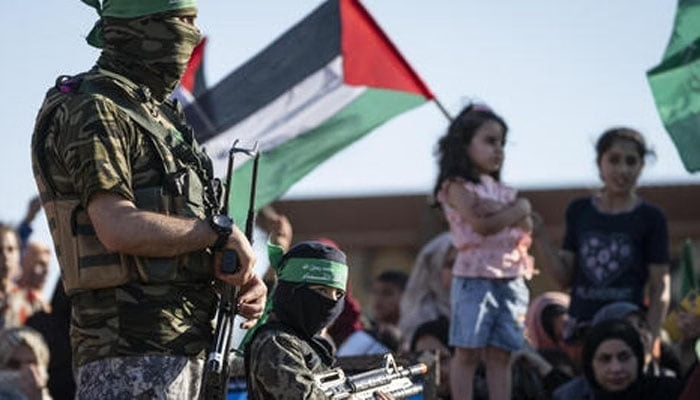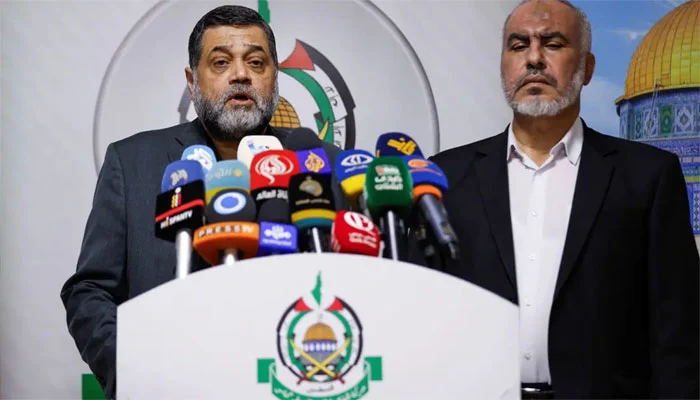Significant Developments in Gaza Ceasefire and Prisoner Exchange Talks
The ongoing conflict in the Gaza Strip has seen a glimmer of hope as progress is reported on ceasefire negotiations and prisoner exchange agreements. Mediators and stakeholders have been working tirelessly to de-escalate tensions and bring an end to the ongoing violence, which has claimed numerous lives and displaced countless individuals.
Arab media sources report that Hamas has softened its stance on some of its initial demands, a move that could pave the way for a breakthrough in negotiations. According to these reports, Hamas has retracted its condition for a complete withdrawal of Israeli forces from the Gaza Strip as a prerequisite for a ceasefire. This adjustment may help create an environment conducive to meaningful dialogue.
Prisoner Exchange: A Step Towards Reconciliation
A critical aspect of the ongoing talks is the proposed prisoner exchange. Arab media claims that Hamas has shown a willingness to release certain categories of hostages, including the sick, elderly, and female military captives. In a parallel gesture, Hamas has reportedly expressed support for the transfer of elderly Palestinian prisoners to Qatar and Turkey. This potential exchange could serve as a confidence-building measure between the parties involved.
While progress has been made on some fronts, challenges remain. Hamas has opposed the establishment of Israeli checkpoints in the northern Gaza Strip, a point of contention that could hinder a comprehensive agreement. The group has voiced concerns over the potential for such checkpoints to restrict movement and exacerbate the humanitarian crisis in the region.
Israel’s Role in Ceasefire Prospects
On the other side of the negotiation table, Israel’s stance will play a pivotal role in determining the success of these talks. According to foreign news agencies, Hamas has indicated that a ceasefire agreement could be reached, provided that Israel refrains from imposing new conditions. This statement underscores the fragile nature of the discussions and the importance of mutual compromise.
Cairo at the Heart of Negotiations
The Egyptian capital, Cairo, has become the focal point of the ceasefire talks. Mediators are working around the clock to bridge the gap between the conflicting parties. Sources suggest that a ceasefire could be announced within the next few days if progress continues at the current pace.
A successful agreement would not only halt the ongoing violence but also provide a foundation for addressing the broader issues that have fueled the conflict. Humanitarian organizations and international observers are hopeful that these discussions will result in tangible outcomes, bringing relief to the residents of Gaza who have endured immense suffering.
Humanitarian Implications of a Ceasefire
The humanitarian situation in the Gaza Strip remains dire, with shortages of essential supplies, including food, water, and medical aid. A ceasefire would allow for the unimpeded delivery of humanitarian assistance to the affected population. Additionally, it could open the door for rebuilding efforts and the resumption of normal life for many residents.
A Fragile Yet Promising Path Forward
The ongoing talks represent a significant step toward resolving one of the most pressing conflicts in the region. While hurdles remain, the willingness of both parties to engage in dialogue and make concessions offers a glimmer of hope. The international community continues to watch closely, urging all sides to prioritize peace and the well-being of civilians.
If a ceasefire is achieved, it will mark a pivotal moment in the history of the Gaza conflict, setting the stage for future negotiations aimed at lasting peace. For now, all eyes remain on Cairo as the world awaits the outcome of these crucial discussions.



